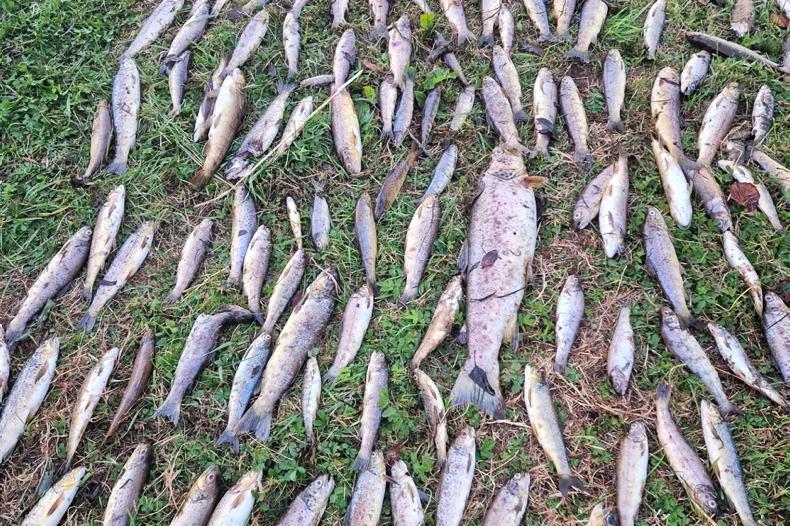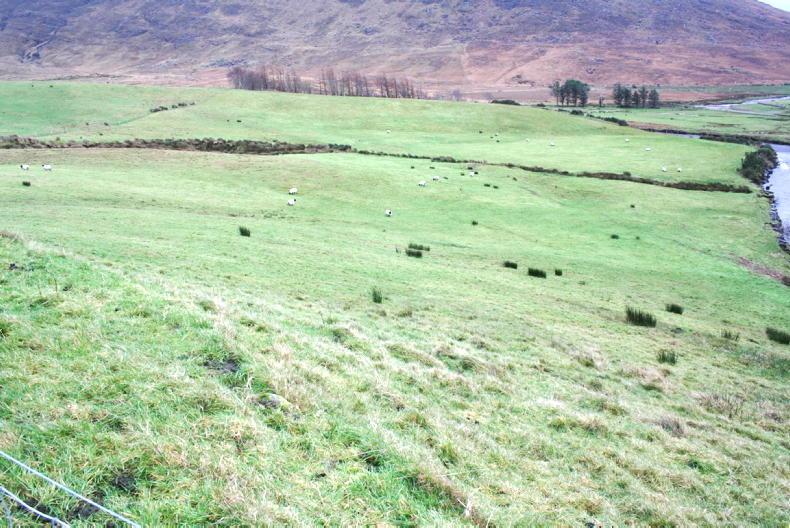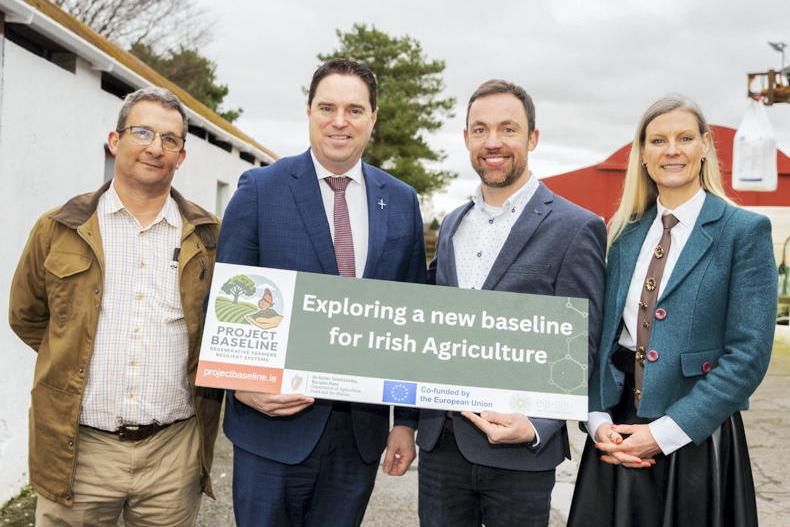The problem trying to reconcile the ambitions of absolute environmental controls and productive agriculture has come to a head, with the departure of the Environmental Pillar from the Agriculture Food Strategy 2030 committee.
The group, which includes An Taisce as well as Friends of the Earth and the Irish Wildlife Trust, was part of a wide-ranging group chaired by Tom Arnold.
It included representatives of farm organisations, the processing industry and relevant Government departments plus Bord Bia.
The ambition is to put in place a strategy for Irish agriculture for the next decade and be a successor to Food Harvest 2020 and Food Wise 2025.
Balancing production and environmental protection
The departure of the environmental NGOs at the 11th hour as the strategy is about to be released for public consultation suggests combining productive agriculture with absolute protection of the environment is incompatible.
Of course, if Ireland and the EU were to take the extreme option of closing or dramatically reducing agricultural output, then it simply means off-shoring the production to other parts of the world.
The USA already dismisses the EU as the museum of global agriculture because of the resistance to what they call science-based agriculture, using growth promoters and acid washes in processing.
No doubt a last-minute walk-out will grab some media headlines, but it does little to address the compromises that have to be made in maximising agricultural output, while minimising environmental impact.
This is the necessary pragmatic approach that doesn’t appear reconcilable, with an exclusive focus on the environment to the exclusion of productive agriculture.
The Irish Farmers Journal understands that the group will continue with the strategy, leaving the door open for the environment NGOs to return to the table.
Farmers have long accepted that they have to accept environmental constraints and be willing to compromise on the level of output they achieve as a result.
Those whose focus is solely the environment need to do likewise, as settling only for absolute perfection means missing the opportunity for improvement or achieving good, if not perfect, progress.
Read more
Environmental group withdraws support for Agri-Food 2030 Strategy
Door open for environmental NGO to rejoin agri-food strategy
Growing criticism of new REPS
The problem trying to reconcile the ambitions of absolute environmental controls and productive agriculture has come to a head, with the departure of the Environmental Pillar from the Agriculture Food Strategy 2030 committee.
The group, which includes An Taisce as well as Friends of the Earth and the Irish Wildlife Trust, was part of a wide-ranging group chaired by Tom Arnold.
It included representatives of farm organisations, the processing industry and relevant Government departments plus Bord Bia.
The ambition is to put in place a strategy for Irish agriculture for the next decade and be a successor to Food Harvest 2020 and Food Wise 2025.
Balancing production and environmental protection
The departure of the environmental NGOs at the 11th hour as the strategy is about to be released for public consultation suggests combining productive agriculture with absolute protection of the environment is incompatible.
Of course, if Ireland and the EU were to take the extreme option of closing or dramatically reducing agricultural output, then it simply means off-shoring the production to other parts of the world.
The USA already dismisses the EU as the museum of global agriculture because of the resistance to what they call science-based agriculture, using growth promoters and acid washes in processing.
No doubt a last-minute walk-out will grab some media headlines, but it does little to address the compromises that have to be made in maximising agricultural output, while minimising environmental impact.
This is the necessary pragmatic approach that doesn’t appear reconcilable, with an exclusive focus on the environment to the exclusion of productive agriculture.
The Irish Farmers Journal understands that the group will continue with the strategy, leaving the door open for the environment NGOs to return to the table.
Farmers have long accepted that they have to accept environmental constraints and be willing to compromise on the level of output they achieve as a result.
Those whose focus is solely the environment need to do likewise, as settling only for absolute perfection means missing the opportunity for improvement or achieving good, if not perfect, progress.
Read more
Environmental group withdraws support for Agri-Food 2030 Strategy
Door open for environmental NGO to rejoin agri-food strategy
Growing criticism of new REPS








SHARING OPTIONS